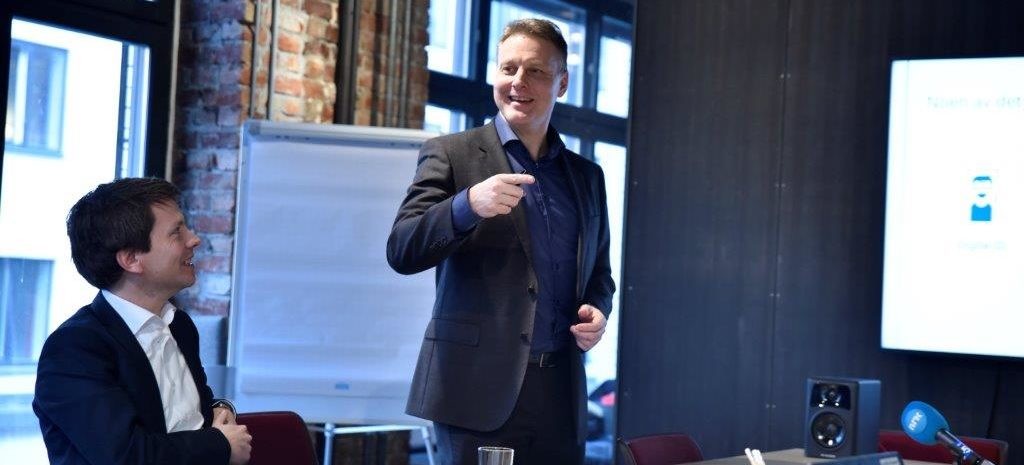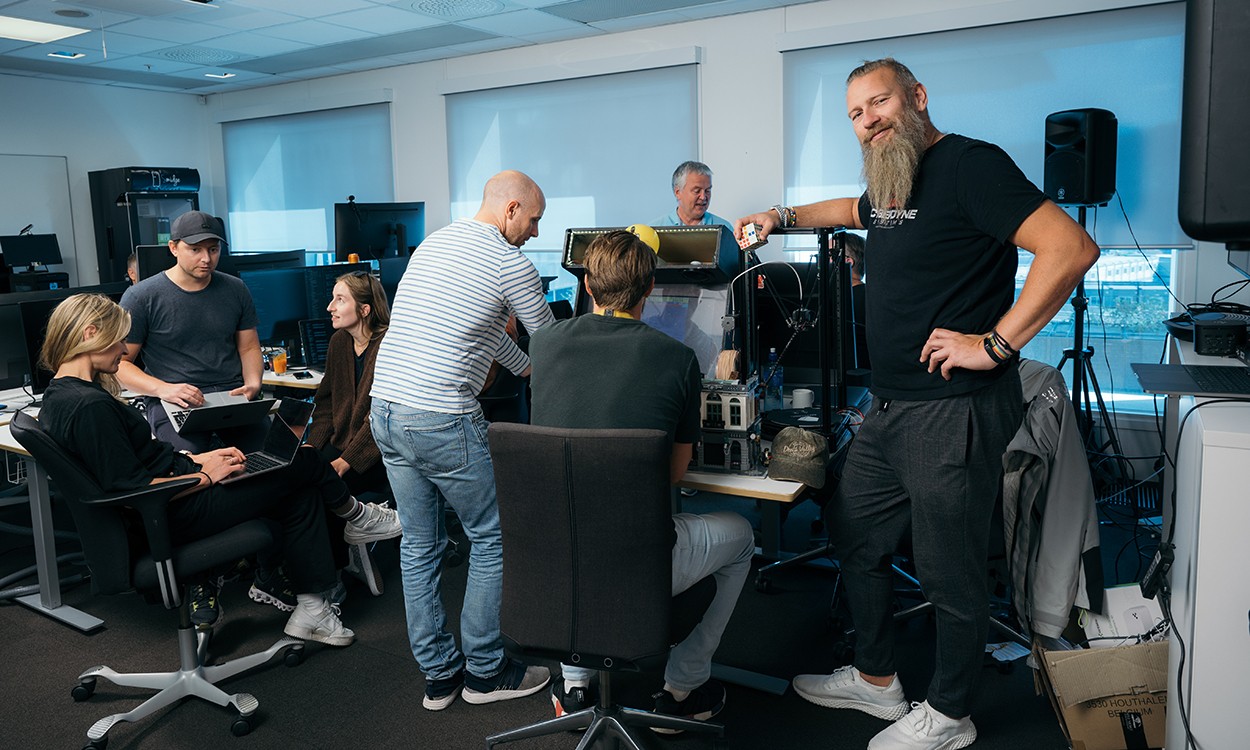Campaign strategists are embracing the opportunities that artificial intelligence (AI) offers when it comes to convincing voters. But they are also worried about new possibilities for creating persuasive texts, audio and video recordings in a political system already infected with disinformation.
– Most influential behind the scenes
Experts at the DPA news agency have spoken out to question how voters can hold politicians accountable for wrongdoing if they believe the scheme is bogus. How should an election campaign respond when a candidate is slandered on fake “tape”?
But despite the doubts, the political machine is more than excited about the opportunities that AI offers to eliminate tedious work in a short period of time and help reach large groups of voters.
– The influence of KI on the election campaign will mainly be behind the scenes. AI will make fundraising more accurate about geography, income, hobbies or habits, updated election data and more personalized messages to voters, said Tom Newhouse of Republican advertising and consulting firm Converge Media.
Can help those with few resources
Larry Hunh of democratic marketing firm Triology Interactive believes that small-funded electoral organizations can benefit from the new tools represented by AI.
– Not only saves time, small campaigns can also create content that would be impossible without AI. Everyone who wants to do a better job, not least in politics, is now seeing how AI can benefit their jobs, Larry Hunh told DPA.
Mastery of new technology gives a big advantage
Historically, politicians who master technological innovation have had a major advantage. Franklin D. Roosevelt wasn’t the first president to talk to people over the radio. But he hosts a weekly bonfire program that makes his listeners feel like they’re sitting next to the president. Roosevelt entered the American home and won pre-war elections in the 1930s.
Television eventually took over as the most important medium for mass communication. Republican President Dwight D. Eisenhower (1953–1961) was the first to broadcast his press conferences and hired an advertising agency for outreach.
The first televised presidential debate was broadcast during the presidential election campaign in 1960. Here, tanned young John F. Kennedy meets sweaty, tough Richard Nixon. TV viewers thought Kennedy won the debate by a good margin, while the majority of those who heard the debate on radio thought Nixon won it.
Come directly to the electorate
In 1980, Ronald Reagan made use of direct mass mailings to voters. In 1988, George W. Bush had strong support from election strategist Karl Rowe, who used the microtarget method. It’s about reaching certain voters based on the recipient’s personal weaknesses or preferences.
Barack Obama’s 2008 and 2012 election campaigns benefited greatly from computer-assisted efforts to organize grassroots movements into campaign volunteer armies. In 2016, Donald Trump used the services of data analysis company Cambridge Analytica. They make large use of voter data on social media.
I think politics comes before the private sector
Tom Newhouse described election campaign organizations as “innovative laboratories” that large commercial companies could replicate.
– In next year’s elections, election campaign organizations will be keen to deploy new AI technologies more quickly than you’ll see in the private sector, he said.
Artificial intelligence is already being used in politics. After President Joe Biden announced that he was running for re-election, the Republican National Committee published an AI-generated video showing a dystopian future following Biden’s new four years as president.
[ Dagsavisen mener: Et topplederbytte i Nato nå er ikke optimalt ]
Can make crunching numbers cheaper
Language models like ChatGPT excite strategists the most. It can update voter information and perform automated data and service analysis.
– For large election campaign organizations, it is very tempting to hire data experts and number generators. But those with fewer resources can’t afford it, Democratic election strategist Colin Strother told DPA.
He expects election campaigns to use AI to update voter databases in real time, perform trend analysis and send tailored messages to different segments of the electorate.
– If all of this could be automated, these previously labor-intensive campaign tasks would be both cheaper and easier to perform, says Strother.
[ Angrepene mot Moskva: – Dårlig tegn for Putin ]
Fooling donors with automated voting
The New York Times it was recently revealed that a group of conservative operators are using sophisticated artificial voices to raise money for various good causes. Donors think they are giving money to police, firefighters and military veterans. The campaign raised $89 million. This corresponds to NOK 986 million at today’s exchange rates. But nearly all of the money goes to the company behind the collection. Only $826,000 was used for fundraising purposes.
Colin Strother fears that the opportunities AI provides to flood election campaigns with disinformation could lead to chaos. This can deter more moderate voters from participating in elections.
[ Debatt: At menn gjør like mye av arbeidet hjemme, forutsetter at kvinnene organiserer det ]
It is impossible to look a year and a half into the future
Tom Newhouse is cautious in predicting what influence KI will have in next year’s election campaign.
– If we were discussing this technology six or seven months ago, you might have met with a blank stare. Predicting what will happen in the six to seven months — and even 16 months until the election in November 2024, makes it very difficult to say what the reality will be, Newhouse said.
[ DeSantis starter kick-off-turné før valget: – Han har en stor jobb å gjøre ]

“Music maven. Evil pop culture lover. Unapologetic creator. Friend of animals everywhere.”

:quality(70)/cloudfront-eu-central-1.images.arcpublishing.com/mentormedier/GWVFBOLW52IJBCZMR4T6U27FKY.jpg)




